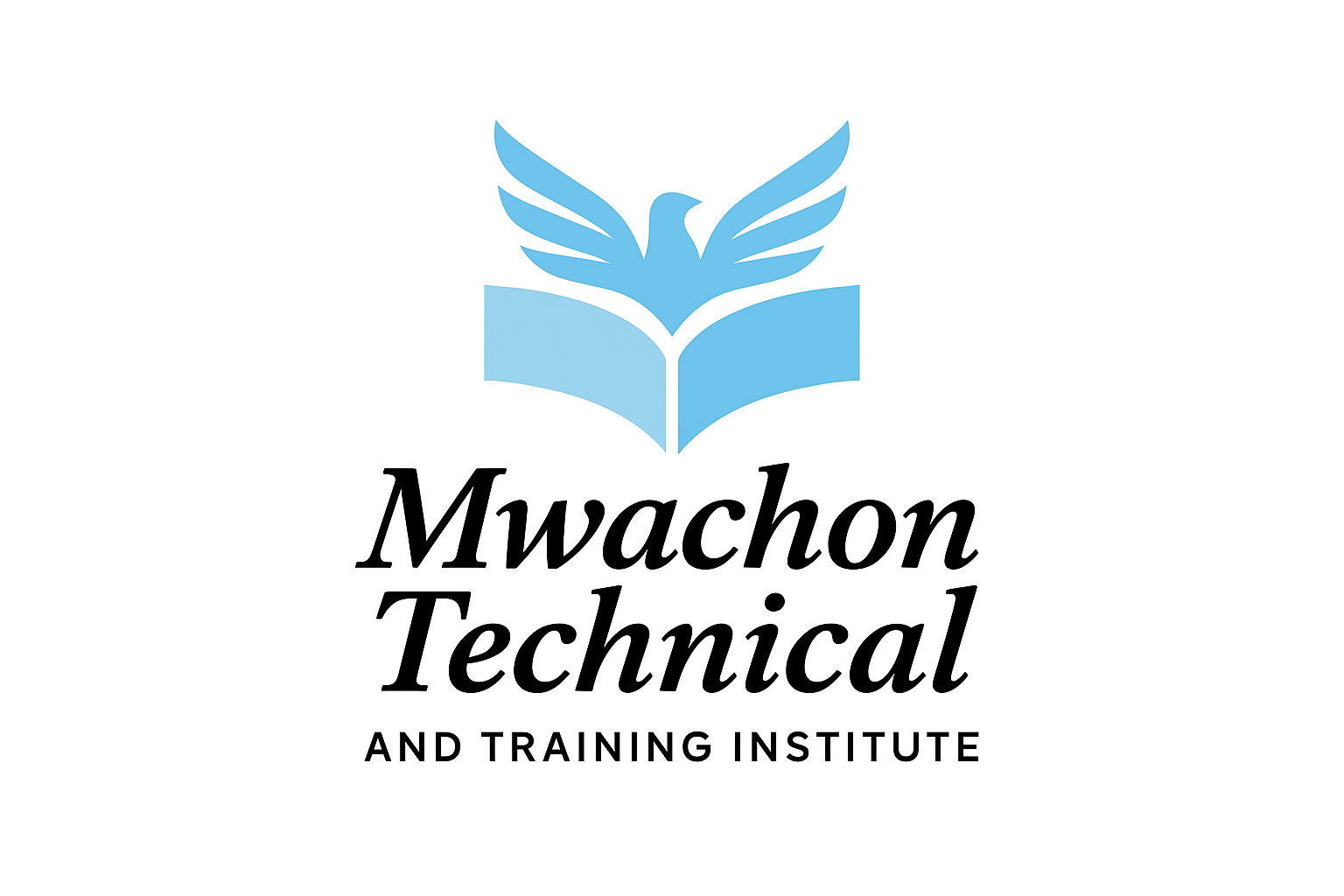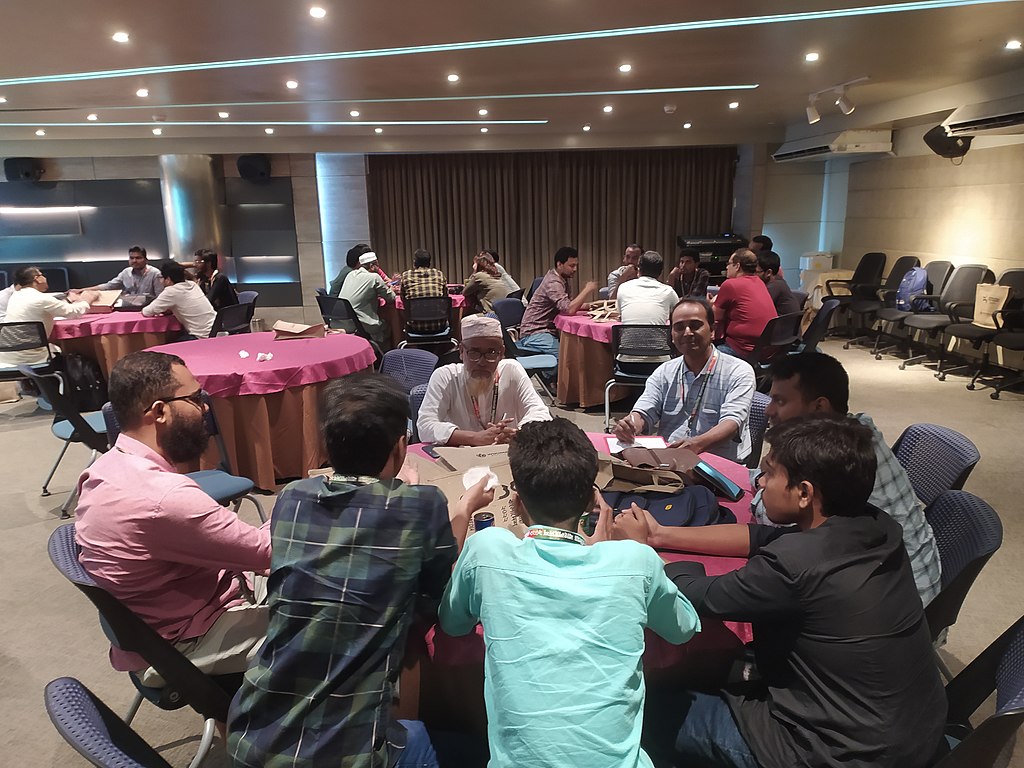 MWACHON TECHNICAL AND TRAINING INSTITUTE.
MWACHON TECHNICAL AND TRAINING INSTITUTE.
P.O. Box 2031–30031,
Nairobi, kenya
MWACHON TECHNICAL AND TRAINING INSTITUTE
P.O. Box 2031–30031
About Us
Mwachon Technical and Training Institute (MTTI) is a public TVET institution established ten years ago to provide accessible and industry-relevant technical training to communities in the rural region. The institute was founded through a collaboration between the national government, local leadership, and community stakeholders who recognized the need for skilled manpower to drive social and economic development.
Our Mandate
MTTI is committed to equipping trainees with practical skills, technical competence, and innovative abilities that meet current industry standards. We offer competency-based education and training (CBET) that empowers youth and adults to become self-reliant, employable, and entrepreneurial.
Our Growth
Since its inception, the institute has expanded from two introductory departments to multiple academic programmes in engineering, ICT, business, and applied sciences. Investment in modern workshops, computer labs, and instructional facilities has strengthened the quality of training offered.
Our Community Role
Located in a rural area, MTTI serves as a hub for local development by creating opportunities for youth, supporting community projects, and partnering with industries to enhance skills transfer and job placement.
 MWACHON TECHNICAL AND TRAINING INSTITUTE.
MWACHON TECHNICAL AND TRAINING INSTITUTE.



